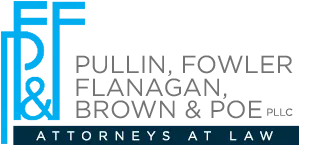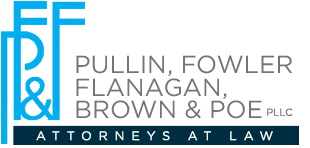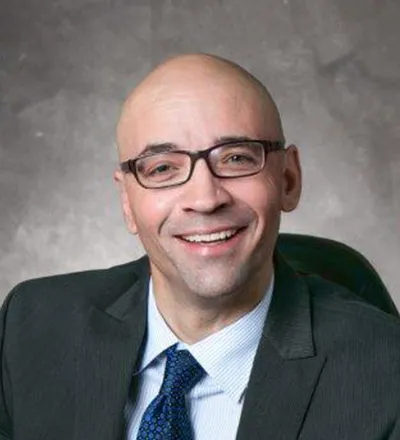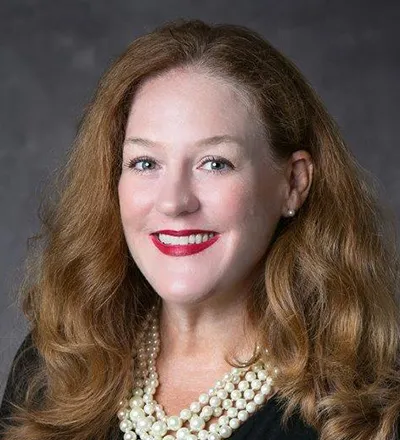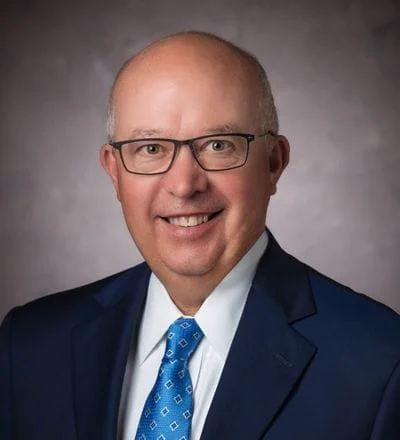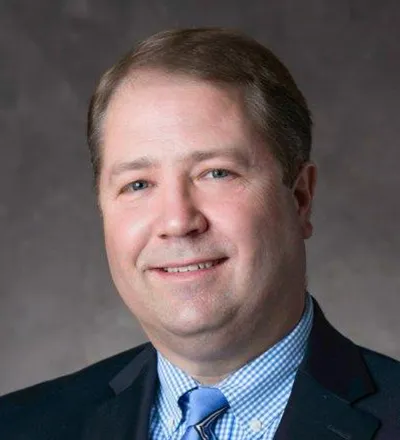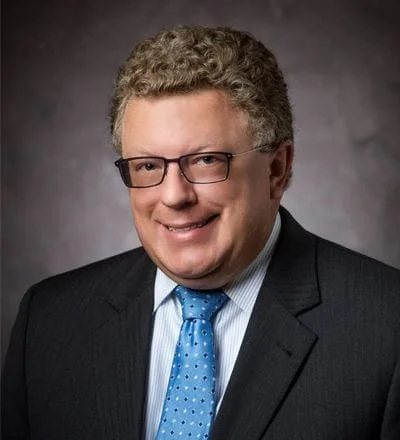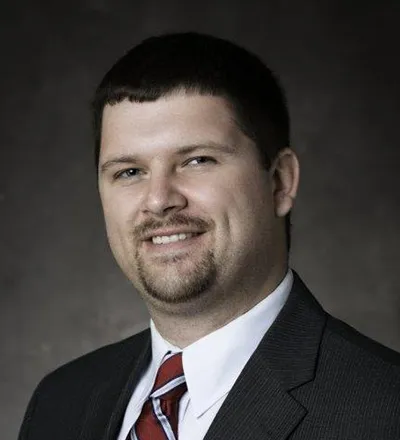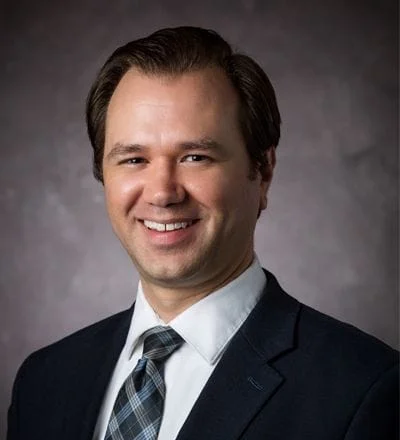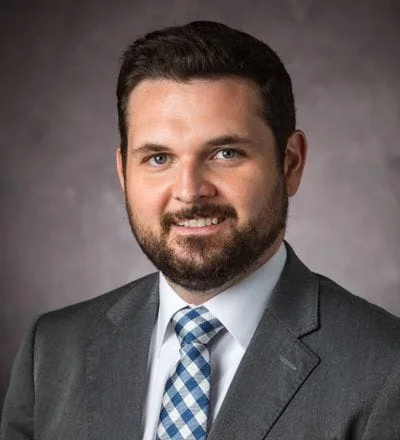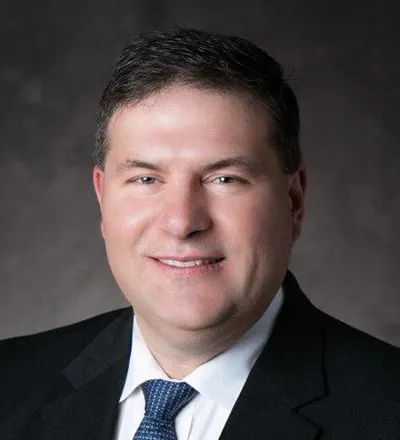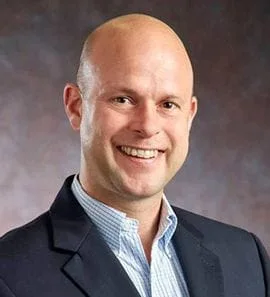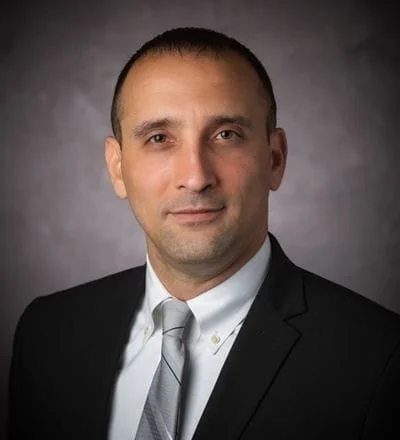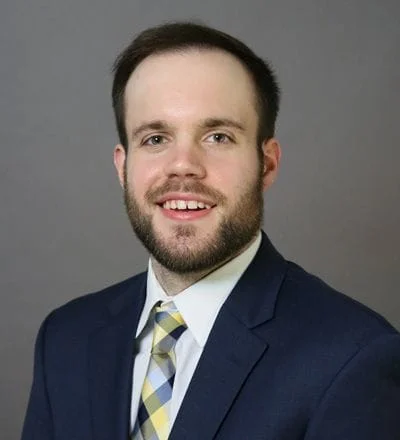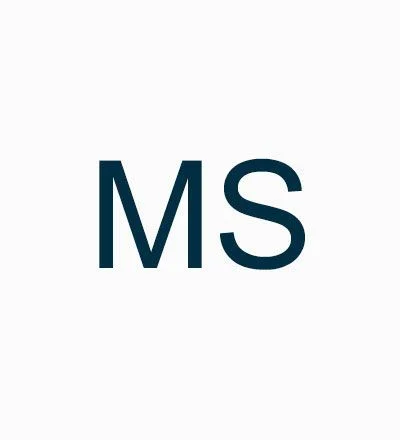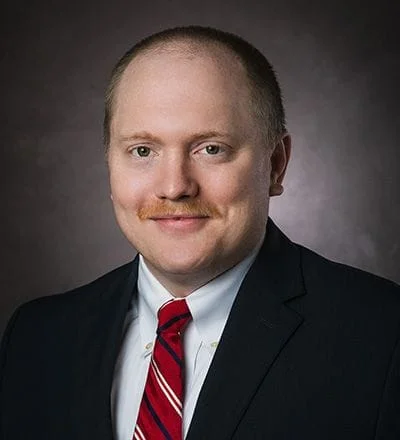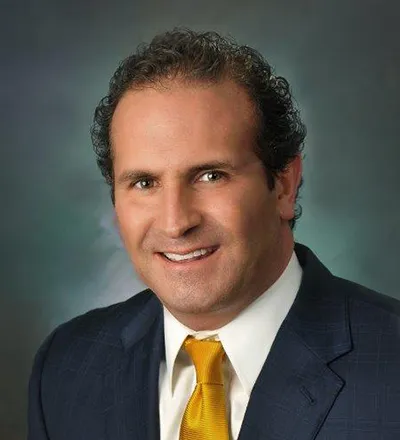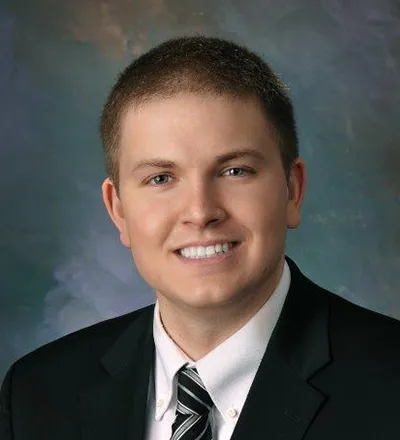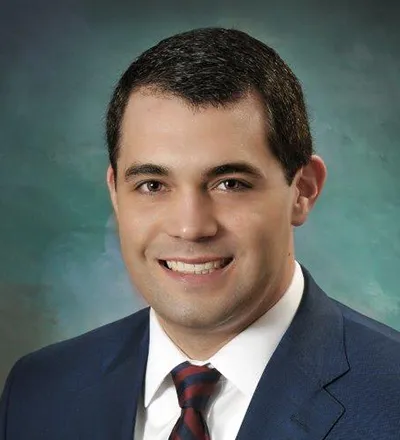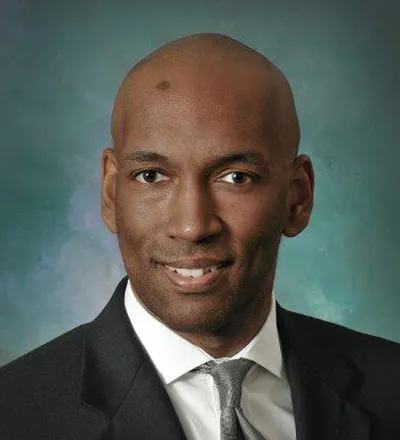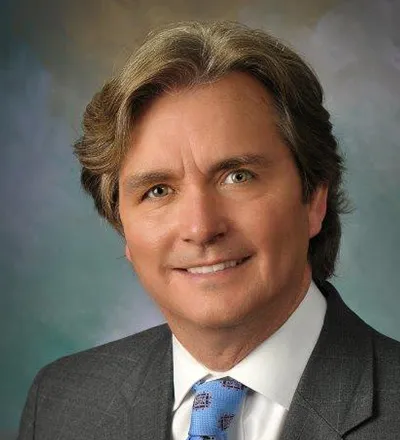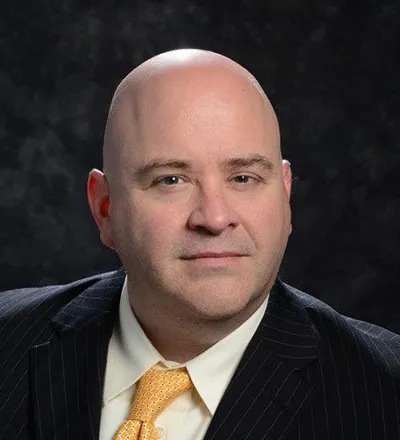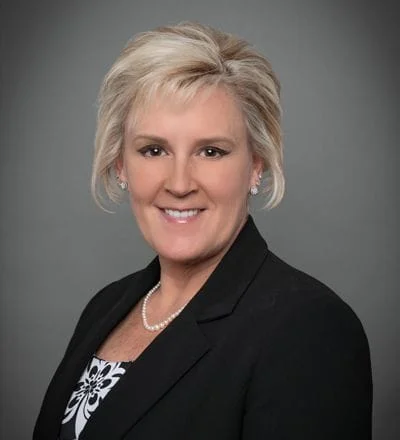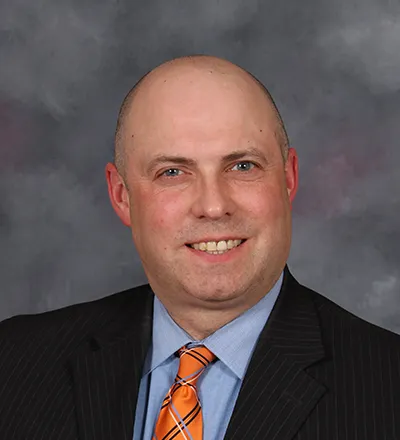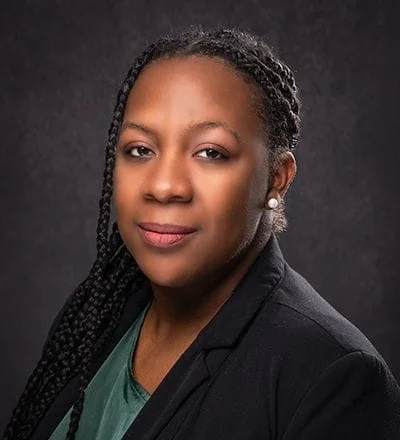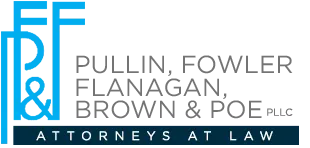- posted: Jan. 15, 2019
Everyone who lives in the United States has a constitutionally protected right to free speech. But how far does that right extend into the workplace?
First, it is important to understand the general limitations that apply to the freedom of speech. A person’s First Amendment rights only apply if the government is attempting to restrict that speech. There is no constitutional right to free speech in the workplace, so employers are generally within their rights to restrict employees’ speech during working hours.
One recent high-profile case occurred in 2017 when Google fired an employee who wrote a so-called “anti-diversity manifesto.” The terminated senior engineer claimed the company was violating his free speech rights. However, this wasn’t quite true. Google, as an employer, is under no obligation to allow free speech in the workplace.
There are other types of free speech restrictions in the workplace that are required by law, including laws that prohibit harassment, discrimination and the protection of confidential information (such as the Health Insurance Portability and Accountability Act of 1996, or HIPAA). In addition, while employees who act as whistleblowers have certain federal protections afforded to them, their act of blowing the whistle must be based on a violation of law — not just an act they consider to be unfair.
Which speech is protected?
Still, there are some forms of free speech in the workplace that are protected. The primary example is an employee’s protected speech under the National Labor Relations Act (NLRA). Under Section 7 of that law, employees have the right to discuss wages, hours and working conditions, along with the right to organize a union.
Employers also may not establish broad policies that prevent employees from saying anything bad about the company or its people — this is also a term of the NLRA. While specific statements about another person (such as crass remarks about another employee or supervisor) are not necessarily forms of protected speech, it is still illegal for employers to issue wide-reaching policies prohibiting those statements.
For further guidance on what free speech does and does not mean in the workplace, consult an experienced West Virginia employment attorney at Pullin, Fowler, Flanagan, Brown & Poe, PLLC. Call us at 304-344-0100 or contact us online to schedule an initial consultation.
